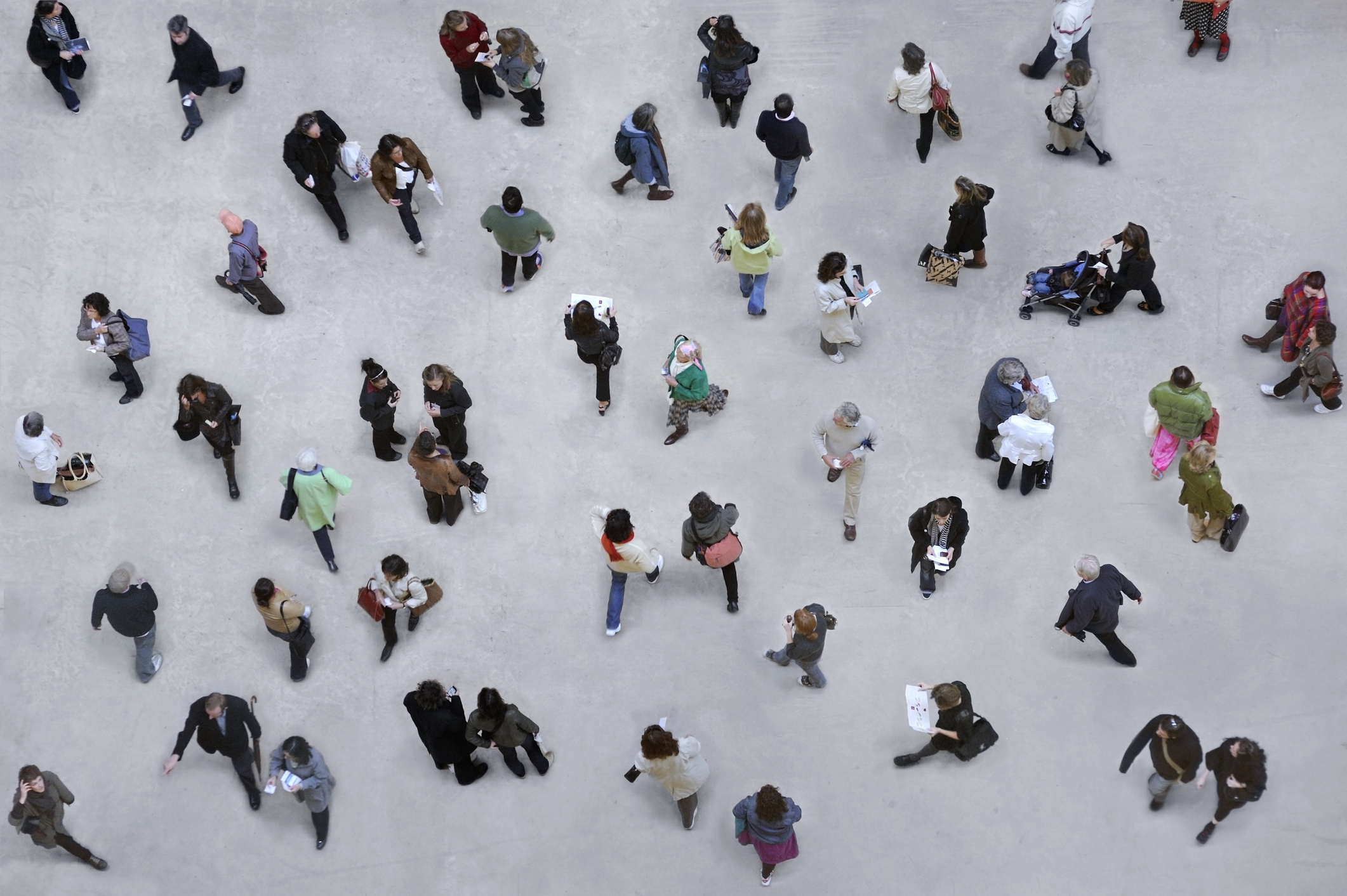I Was Exposed to COVID-19. How Long Will It Take for Symptoms to Start?

You get the dreaded text: the friend you just met for lunch tested positive for COVID-19. Now you’re left to wonder if you, too, will get sick in the coming days.
But when should you expect symptoms to start if you do get sick? The answer has changed from the earliest days of COVID-19, experts say.
“In the beginning of the pandemic, we were really looking at seven to 10 days as the window of time where people had to quarantine or isolate after an exposure,” says Andrew Pekosz, a virologist at Johns Hopkins University. “That has shortened significantly now.”
[time-brightcove not-tgx=”true”]
How long does it take to develop COVID-19 symptoms?
An incubation period is the length of time it takes someone to develop symptoms after exposure to a pathogen. The incubation period for SARS-CoV-2, the virus that causes COVID-19, has shortened considerably since the virus first began circulating, recent data suggest. Incubation periods averaged about five days when the Alpha variant was dominant, about 4.5 days when Beta and Delta were dominant, and about 3.4 days once Omicron took over, according to a 2022 research review.
Newer research from various countries, including Japan, France, and Singapore, also suggests Omicron strains have incubation periods of about three days, or even a little less.
The virus’ incubation period is likely shrinking for a few reasons, says Shane Crotty, chief scientific officer at the La Jolla Institute for Immunology. The virus has evolved over time, becoming faster and more adept at infecting humans, Crotty says. Nearly everyone has also now had at least one brush with COVID-19, whether through vaccination or illness. Each encounter leaves behind instructions for the immune system, helping it recognize the virus faster the next time it appears.
“You having symptoms is all about your immune system being activated,” Crotty explains. “The whole pre-symptomatic period is bad news because your immune system has not managed to pull the fire alarm yet.” A shorter incubation period means that your body is “recognizing the virus faster and pulling those sprinkler systems faster.”
When should I test for COVID-19 after an exposure, and when am I in the clear?
Federal health authorities, including the U.S. Centers for Disease Control and Prevention, recommend testing no sooner than five days after a COVID-19 exposure, unless you develop symptoms earlier. But since current variants seem to have incubation periods of around three days, Pekosz says it’s appropriate to test as soon as day three, again unless symptoms start earlier.
Dr. Peter Hotez, dean of the National School of Tropical Medicine at Baylor College of Medicine, says he starts to feel more confident he’s dodged an infection if he’s still feeling healthy three days after a potential exposure. But, “remember, incubation periods are statistical probabilities,” he says. “There’s always going to be outliers.” You could develop a sore throat or runny nose only a couple days after exposure to the virus, or you might not feel sick until day five—or, if you’re lucky, you may not get infected at all.
The timing of symptom onset depends on lots of factors, including the amount of virus to which someone was exposed, Hotez says. Their level of pre-existing immunity may also affect the likelihood or timing of getting sick, Crotty adds.
Given all this variation, Pekosz recommends monitoring your health for up to a week after an exposure and wearing a mask around other people during that time. Remember, too, that false negatives are possible on at-home tests. If you get a negative result, the U.S. Food and Drug Administration recommends taking at least one more test 48 hours later to confirm it.
What is the incubation period of JN.1?
It’s too soon to know exactly, but Hotez says JN.1 is likely to have an incubation period similar to that of other Omicron strains. One 2023 study found that while incubation periods have gotten shorter over time, the various Omicron subvariants’ have all been similar to one another.
In general, Crotty says, there’s a limit to how low incubation periods can go. The SARS-CoV-2 virus works by invading human cells and using them to make numerous copies of itself. SARS-CoV-2 has a long genome that takes a while to copy, so Crotty doubts its incubation period will get much shorter than it already has. Viruses like measles and varicella (which causes chickenpox) on average take longer than a week to incubate, so, by comparison, a three-day incubation period is already pretty fast.
View original article
Contributor: Jamie Ducharme

